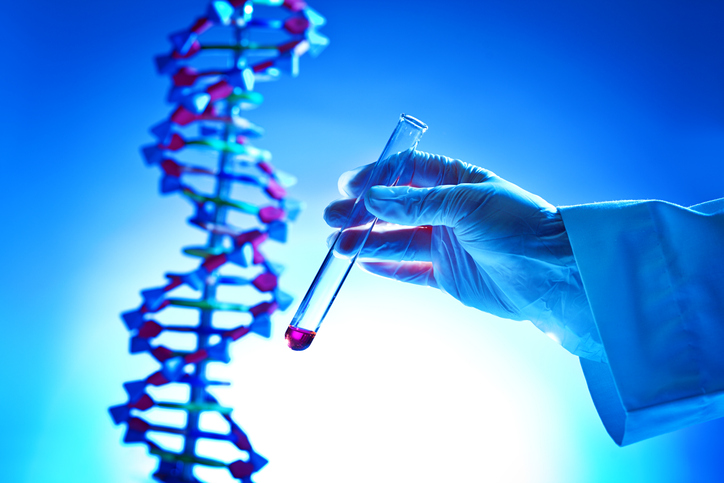Généthon, which carries out gene therapy R&D for rare genetic diseases, and Thales, a European artificial intelligence specialist, are working together to develop digital models for improving gene therapy bioproduction yields.
Producing gene therapy treatments is an extremely complex, time-consuming, and costly process, according to Patrick Santambien, PhD, technological development director at Généthon. Major challenges include reducing the production time and costs. To improve the productivity and the quality of gene therapy products, Généthon and Thales are focusing on developing a digital model that will use AI to model bioproduction processes and optimize yields.
“Généthon’s bioprocess development team develops viral vector production processes from the laboratory up to industrial scale. The aim of this collaboration is to evaluate what digital solutions can bring to a bioproduction process to develop one or more efficient digital models of this process (digital representations or digital twins),” explained Santambien.
“This will ultimately allow us to decipher the impact of certain production parameters on productivity and the quality of the biodrugs, without having to resort to systematic experimentation and also make it possible to reduce certain current analytical delays.
“This project is in line with our objective of improving production yields and thus reducing the production costs of innovative therapy drugs, which can reach several hundreds of thousands of euros per patient. This is a major challenge for guaranteeing access for patients to these treatments,” emphasized Frédéric Revah, PhD, CEO of Généthon.
“This completely unprecedented project combines the worlds of research, industry, and digital services to deliver joint innovative solutions,” added Lilian Seigneur, head of healthcare, public sector business unit, critical information systems, Thales.



